At some point in our lives, we all got, or have yet, to be teenagers. That experience probably panned out differently for a lot of us. Being a teenager is such a fragile space in time and our first real chance to discover who we are in this world. What we want, and where we go from here. It may bear some resemblance to the fiction that lay within Introvert: A Teenager Simulator for some of you. Though the sad truth is, it’s not indeed fiction.
What is it?
Introvert resembles a 2D walking simulator, with severable interactable doors and buildings to transition between scenes. There’s also a few odd, neat little touches and details, like functional light switches too. There are elements here that distinguish it more as a game, like collectables, branching paths, and exploration, than say, a linear interactive novel. Loosely, you could label Introvert as an experience, more so than a bonafide video game. And it’s dark. Inescapably dark. The title screen has your protagonist falling through the vast reaches of the abyss as a bit of an indicator.
Bare-bones designs of pixels channelling cave paintings, smeared in sepia and grayscale. Visual noise, glitches, and screen burn. They all invade and bombard your visible progress constantly, and it becomes pretty arresting after a while. This game isn’t pretty, and it knows it. It doesn’t have to be, and it shouldn’t be. Given the ugly subject matter, it’s far more appropriate because of it. Akin more to playing through an indie horror game or creepypasta than an interactive narrative. Arguably, it could be considered an indie horror game with or without its aesthetic.

What is it like?
The experience spans five in-game days, which can be rushed through in half an hour if desired. In the same period, one of the central characters will shoot the school up if they don’t make friends. No pressure, then. Introvert rewards repeated play, where specific environments and dialogue options can be missed on a first playthrough. There’s enough content lurking inside that going against moral judgment and experimentation to affect outcomes can stretch to a few hours.
Despite looking rougher than sandpaper played on VHS, the atmosphere is strangely compelling, and there’s a significant enough margin for exploration. A glimmer of curiosity will want to see what’s behind that door or wonder, ‘What if I did this instead?’ The terrifically understated beat tape soundtrack, of lo-fi boom baps and unintrusive melodies, only adds to the overall ambience. It lends itself to the roughshod visuals like a glove. Mind you, the warmth of the analogue soundtrack production, competing with such a grim, gritty colour palette and the ominous button prompt SFX that phases in and out, feels pretty misshapen. That thin, sonic thread of optimism often gets lost because of how jarring the visuals and dialogue can be.
What’s wrong with it?
Unfortunately, this is where some of Introverts’ merits dissipate. Granted, the adult dialogue bears no fundamental importance to the story, but immersion shatters seemingly whenever one of them speaks. Whether deliberate to inject offbeat humour into a grave subject matter or simply a matter of maturity (as of the time of writing, the developer is only 19), their words and delivery do feel juvenile in execution. It takes away from the gravitas of its message. Any fans of South Park may read this differently. Not only that, not playing spoiler, other moments you can experience completely suck you out of that dimension by just being that surreal. For more memorability’s sake, or as another instance of misguided humour? One particular moment has cult meme potential if word about it spreads faster.
The dark comedy has a place in the world; the punchlines here don’t make sense. And unless a sequel is in the works (which, according to the Euphoric Brothers’ Twitter, it sounds like it could be a done deal), there’s a lot of loose ends that will either be resolved later or put into be obtuse and disorientating. The signposting often feels sporadic and wanting, and the running mechanic, essential for one particular section of the game, is poorly designed.
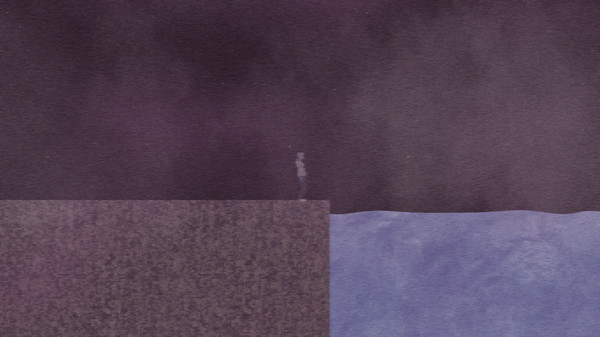
Should I play it?
Introvert feels like it’s a game with so much more hiding beneath its surface. Perhaps it is, and there’s more to scratch away at. Finishing the game, and replaying it, gives the impression certainly. Trial and error, however, can get frustrating when the incentive is unknown. Let that take nothing away from Introvert: the message, as opposed to Introvert: the game. This is the first Euphoric Brothers title I’ve played and likely the first a more comprehensive gaming community is encountering. One teenage boy more or less created this full title, which is commendable at its scale and scope. A discoverable sequence breaks the fourth wall, inviting conversation with the developer about the subject and offering heartfelt reassurance in return.
While the example used is extreme, the message is still loud and clear to quantify just how much of an issue bullying is. A game where even selecting a different scenario felt uncomfortable, to see the effect of ‘What if?’ has to be doing something right. The Introvert is nowhere near a perfect anecdote by any means. Still, its core values have served its purpose of opening a more comprehensive discussion about a fundamental rot in society.
Introvert: A Teenager Simulator is out now on Steam and itch.io for free.
If you want to support the developers in making games, they also have a Patreon and Creator-Spring merch store.





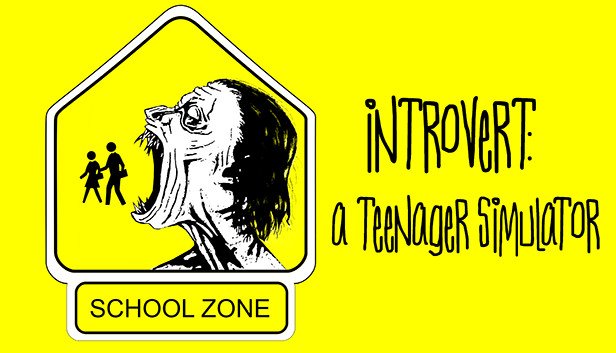






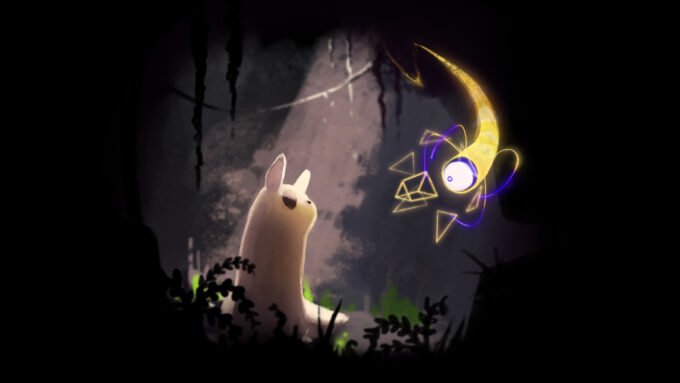
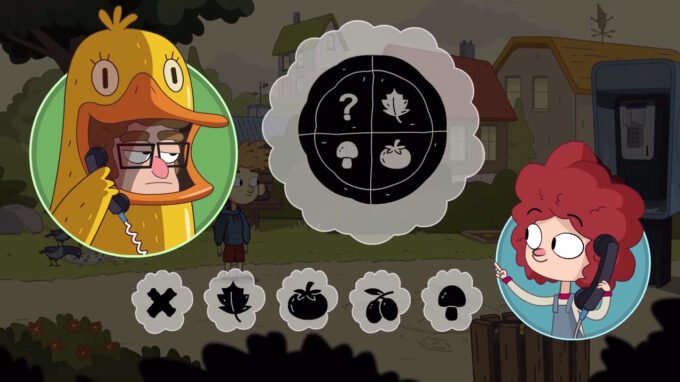
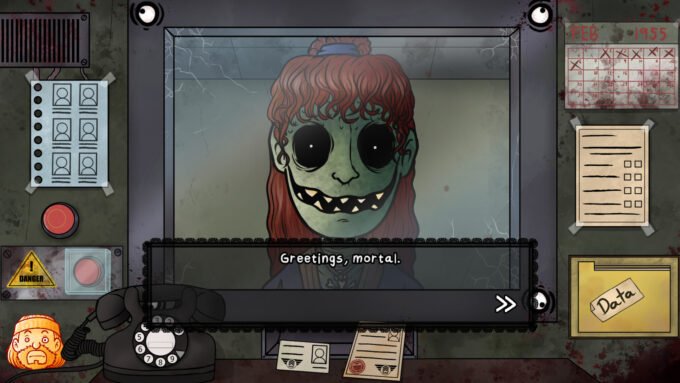

Leave a comment